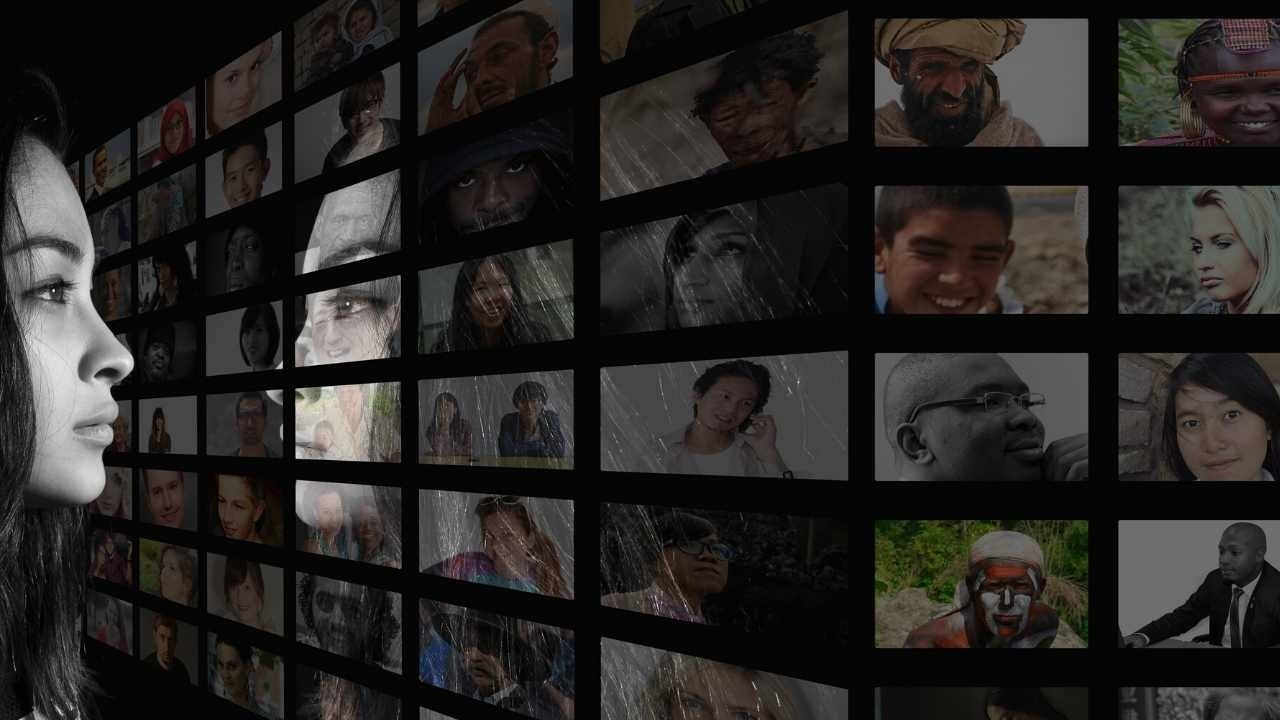What Business Are You REALLY In?

 While appearing on Craig Ferguson's Late Late Show, Trace Atkins, a country superstar, shares his story about his childhood and life before he was famous.
While appearing on Craig Ferguson's Late Late Show, Trace Atkins, a country superstar, shares his story about his childhood and life before he was famous.
Trace was a DJ in the Southwest for five years. He then moved to Nashville and continued playing in bars for three more years before he signed his first recording deal.
Trace states, "I had always had very happy club owners. I would challenge people not to drink as much from the stage as I did." I sold lots of liquor. This is the real business you are in when you play beer joints. You are not in the music industry, but you are in the liquor business.
Craig Ferguson offered his own analogy and explained that his late-night tv program wasn't about TV; it was about selling erectile disorder pills to lonely people.
Craig might have been joking, but it's possible that he was not. The point is: You aren't always in the same business you think.
Trace knew he had to please the bar owners if he was to keep his bookings in local pubs. What did the bar owners want? It wasn't about selling drinks, it was to get people to their bars to listen to country music. Trace understood that it didn't matter how many people came to hear the music, if nobody was drinking. He made it his business selling alcohol to make bar owners happy, and to ensure he kept working.
Trace's top customers were not the fans, they were the bar owners. Later, Trace's number one customer was the record label.
It doesn't matter what you sell. Your customer may not be who they think they are.
Who is your customer if you are in the marketing business helping small businesses? Of course, the business owner. But there's often someone more important than the business owner to impress, and that's called the gatekeeper. This could be an assistant, secretary, spouse, or manager. This person is crucial to getting to the man or woman who makes the money decisions. You will never be able to get the client if you don't first sell the gatekeeper.
Let's suppose you are in the weight-loss industry. Is it really selling another way to lose weight? Are you really trying to sell people a new way to lose weight? Or do they want them to feel more attractive, fit in their clothes again, live longer, and overcome crippling health issues?
Your clients, if you are a minister or teacher, are not your students or congregation. It's the board that decides if you stay or go.
Let's face facts: If not for the many health issues associated with being overweight, if people were just equally healthy, sexy, and confident with their extra weight, then there would be no job.
You aren't selling a slimmer body; you're selling a better quality of life.
It's not about finding someone to live with you, pay the mortgage, and make your life easier. Any decent roommate will do that. It's about sharing your life experiences with the only person who really knows you. Being able to fully open up to this person and allow them to know you.
It's possible that you think you are a musician, marketer, product creator, etc. You could also be Trace's salesperson for alcohol, or do whatever it takes to make sales and connect with customers.
Stay connected with the most current Marketing News, Strategies, Tips , and Case Studies!
Join our monthly marketing magazine to receive the latest news and updates from our team of professional marketers and copywriters.
(Don't worry, your information will not be shared.)









